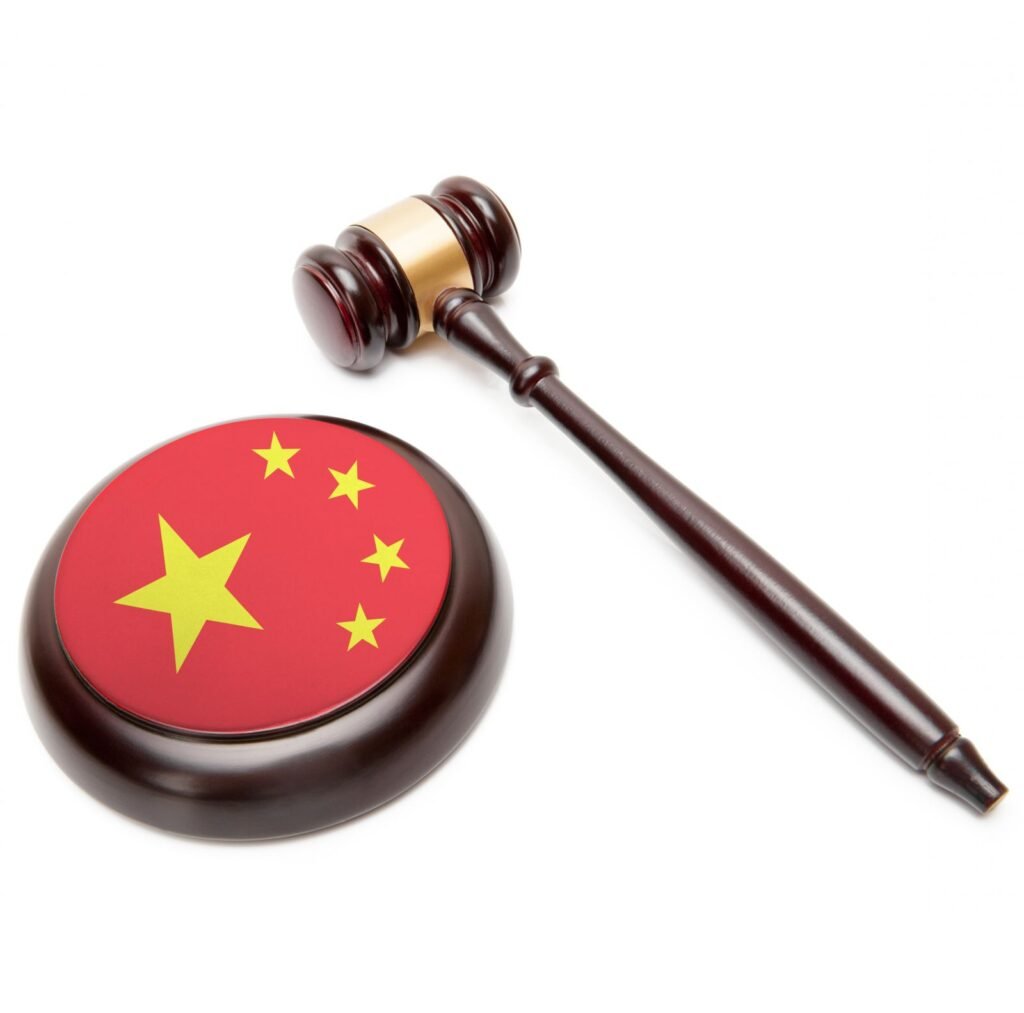Table of Contents
ToggleIntroduction to Patent Protection in China
China has become a global center for innovation and the country with the most patent applications. This makes patent protection essential for businesses that want to sell in China.
The Chinese government has recognized the importance of intellectual property (IP) protection. It has established a robust legal framework for patent protection, including the Patent Law, which has undergone several amendments to strengthen IP rights.
Types of Patents in China
China offers three types of patents:
- Invention Patents – Protect new technical solutions related to products, processes, or their improvements. They have a term of 20 years from the filing date.
- Utility Model Patents – Protect new technical solutions related to product shape, structure, or combination. They have a term of 10 years from the filing date.
- Design Patents – Protect new designs, shapes, patterns, or colors applied to products. They have a term of 15 years from the filing date.
Patent Application Process in China
The patent application process in China involves several steps:
- Preparation and Filing: Collect necessary documents, including a detailed invention description, claims, abstract, and drawings (if applicable). Foreign applicants must appoint a qualified Chinese patent agent to handle the application.
- Formality Examination: The China National Intellectual Property Administration (CNIPA) will conduct a formality examination to verify compliance with administrative and procedural requirements.
- Substantive Examination: Invention patent applications undergo a substantive examination upon request within three years from the priority date. Utility model and design patent applications are not subject to substantive review.
- Publication: Patent applications are published 18 months after the filing or priority date, whichever is earlier.
- Decision: The CNIPA will decide on granting or rejecting the patent application.
Examination and Granting of Patents in China
The CNIPA carefully looks over invention patent applications to make sure they meet the requirements of being new, having an inventive step, and being useful in the industry. Model and design patents are examined less rigorously.
If the CNIPA finds problems with an application, the person who submitted it can change it or give more information. If the CNIPA is satisfied with the response, the patent will be granted, and the applicant will receive a patent certificate.
Patent Enforcement in China
Patent holders can enforce their rights through administrative and judicial channels. Administrative enforcement means filing a complaint with the local Intellectual Property Office (IPO), which can look into patent infringement and give penalties.
A civil lawsuit must be filed in an intellectual property (IP) court or the Intermediate People’s Court for judicial enforcement. Patent holders can seek remedies such as injunctions, damages, and destruction of infringing products. Additionally, criminal enforcement is available for severe patent infringement cases, which may result in fines and imprisonment.
Challenges and Strategies for Foreign Applicants
Foreign applicants face several challenges when seeking patent protection in China:
- Language Barrier: Patent applications must be submitted in Chinese, requiring a reliable translation of the application documents. Engaging a qualified Chinese patent agent is essential for overcoming this challenge.
- First-to-File System: China follows a first-to-file system, meaning that the first person to file a patent application will have priority over others. To avoid losing rights to an invention, file applications promptly and consider filing a provisional application or using the Patent Cooperation Treaty (PCT) route to secure an earlier priority date.
- Understanding Chinese Patent Law: Navigating China’s patent law can be complex, especially for foreign applicants. Collaborating with a knowledgeable patent agent and conducting thorough research on the legal framework will help ensure compliance with Chinese regulations.
- Enforcement Difficulties: Enforcing patent rights in China can be challenging, particularly for foreign patent holders. Strengthening IP protection strategies and working closely with local partners, legal advisors, and industry associations can improve the chances of successful enforcement.
Conclusion and Key Takeaways
Patent protection is crucial for businesses operating in China’s innovation-driven economy. Foreign applicants can find their way around the Chinese intellectual property system better if they know what kinds of patents are available, how to apply for them, and how they will be enforced.
Consider the following best practices to improve your chances of getting a patent and successfully enforcing patent rights in China:
- Engage a qualified Chinese patent agent to assist with the application process and ensure accurate translations.
- File applications promptly to secure priority under China’s first-to-file system.
- Conduct thorough research on Chinese patent law and work with experienced legal advisors to ensure compliance.
- Develop a comprehensive IP protection strategy, including collaborating with local partners and industry associations to enhance enforcement efforts.
By adopting these strategies, businesses can effectively protect their innovations and maintain a competitive edge in the Chinese market.
Contact us if you need help with background investigation of Chinese companies, protecting patents, trademarks, verification of contracts to the law in China, or help with other legal challenges that you have in China.
If you require our assistance or have further questions about our services, please do not hesitate to contact our Customer Relationship Manager, Jan Erik Christensen, at janerik@ncbhub.com. We look forward to hearing from you and helping your business succeed in China.








